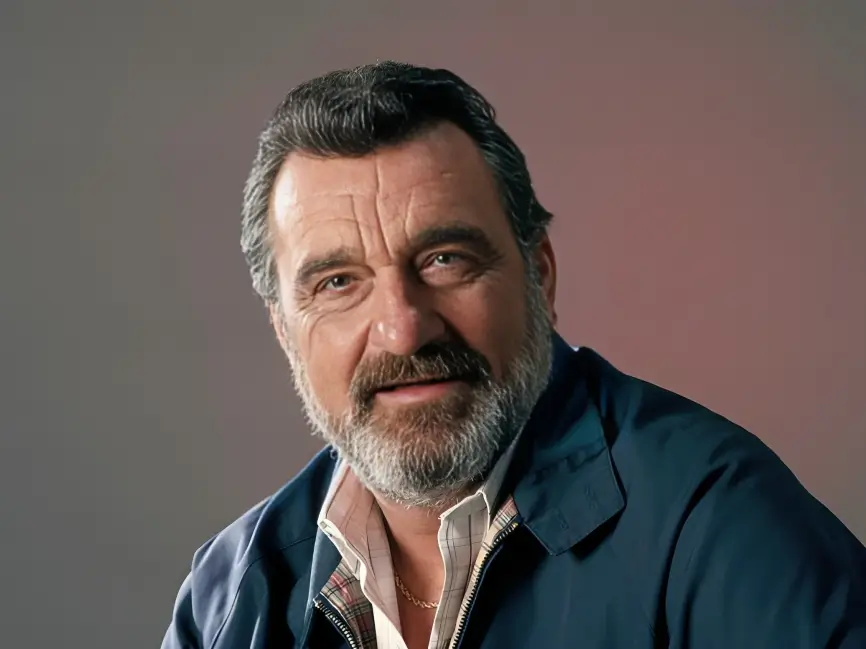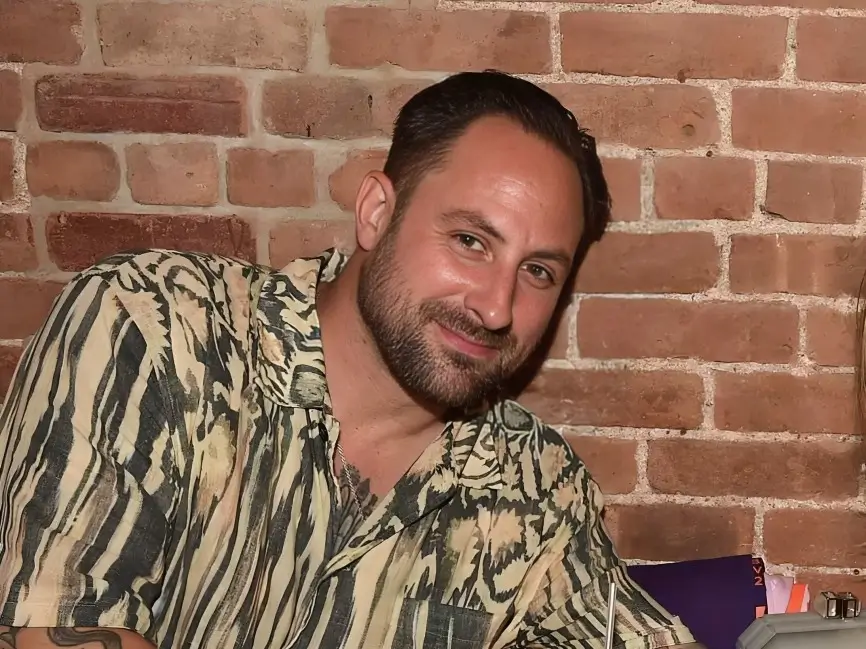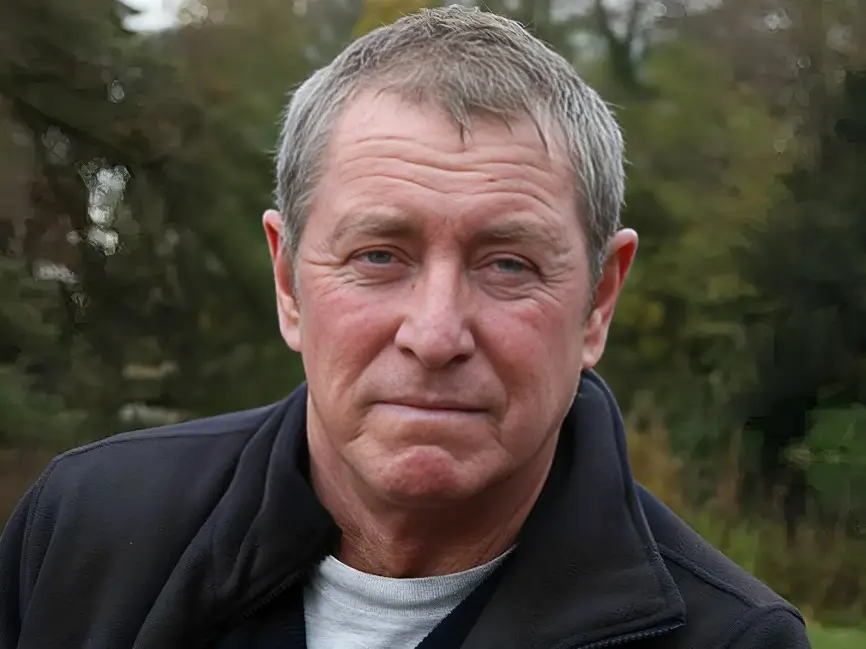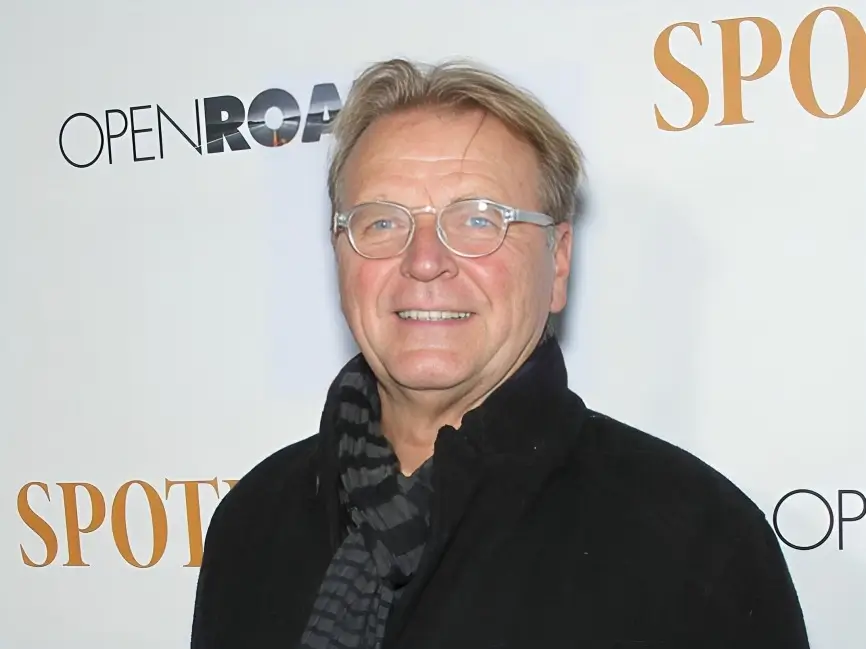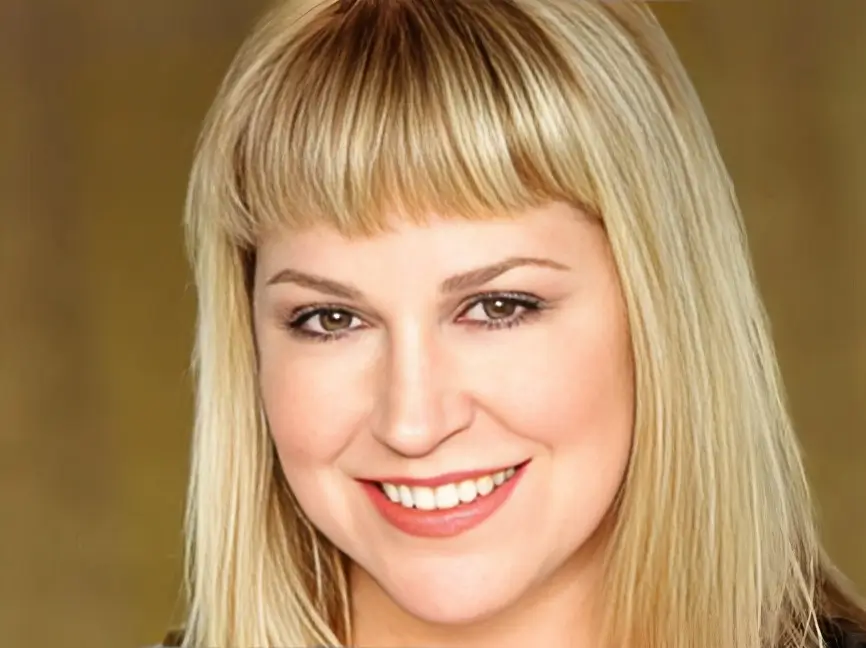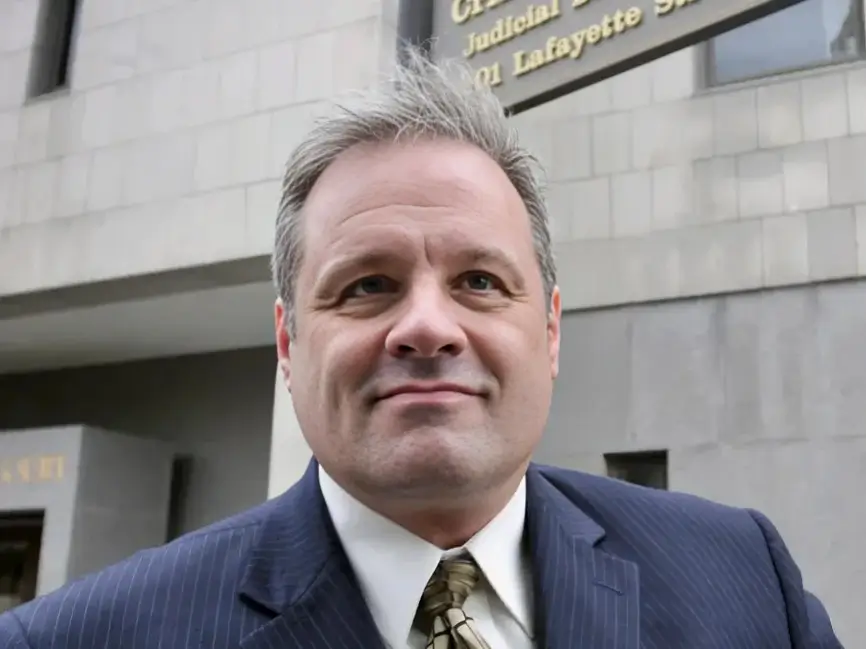From Gunslingers to Angels: The Transformation of Victor French
Published: May 25, 2024
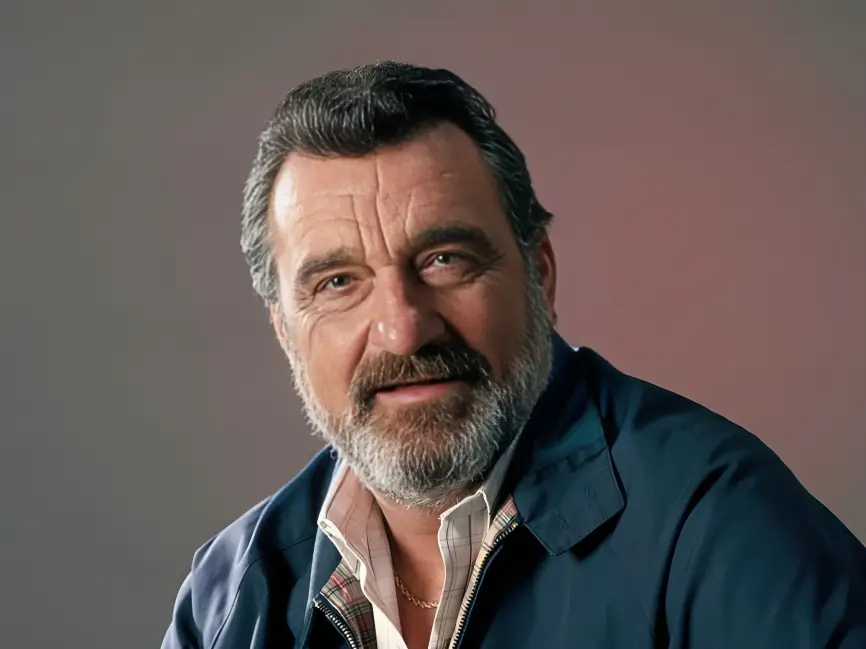
Victor French, known for his toughness and integrity, shaped Hollywood. His four-decade career saw him go from western baddies to friendly, funny personalities. French's transformation from gunslinger to angel shows his aptitude and adaptability.
French started acting onstage. He trained in theater in Los Angeles after being born in Alberta, Canada, in 1928. His 6'4" height and deep voice made him ideal for forceful roles. This charisma attracted Hollywood casting directors, and French arrived onscreen in the mid-1950s.
Hollywood was in its western heyday, and French fit the part. His film debuts positioned him as an antagonist. He played merciless outlaws with terrifying intensity in "He Ran All the Way" (1956) and "The Virginian" (1962). He played nasty characters and enjoyed the destruction they wreaked. While simple, these performances established French as a reliable character actor who could credibly play villains.
The artist, French, wanted more than just villainy. He had a sarcastic humor and magnetism that suggested a deeper character. This adaptability emerged in 1960s TV series like "Gunsmoke" and "Have Gun-Will Travel." These adversaries had caustic humor and an unexpected sensitivity that showed a softer side.
French's career changed in 1971 when he joined "Little House on the Prairie." He played amiable farmhand Isaiah Edwards. This character was quite different from his others. Isaiah, a gruff but kind neighborhood leader, kept his word. French charmed audiences with his warmth and humor.
The cultural phenomenon "Little House on the Prairie" and French's portrayal of Isaiah defined his career. His conventional principles and everlasting dedication made him a hero to audiences. French got even more legendary roles once his reputation grew.
He reprised his "Little House" role with Michael Landon in 1984's hit show "Highway to Heaven." French played Mark Twain, Landon's angel's angelic friend. French's Twain was funny and touching, and the two actors had great chemistry. He grounded the show's fantasy premise with grounded wisdom.
French's development went beyond playing good guys. In "Fantasy Island" (1977-1984), he played sophisticated characters like "Mr. Roarke" to exhibit his range. While the show was a frivolous fantasy, French gave the character a subtle ambiguity, suggesting at a darker past behind the lovely grin. Playing characters with hidden depths proved his versatility as an actor.
French directed numerous episodes of "Little House on the Prairie" and "Highway to Heaven." This demonstrated his leadership and craft knowledge. He respected his performers and crew by fostering a positive and collaborative set environment.
Lung cancer killed Victor French at 61 in 1989. However, his legacy is undisputed. His warmth, humor, and sincerity made him a respected character actor from a stereotyped villain.
Victor French's story shows how reinvention works. He took on new difficulties without fear. He established a unique Hollywood niche, proving that talent transcends genre. Victor French's transformation from frightening gunslingers to angelic beings showed us that even the hardest exteriors can hide a kind heart.
